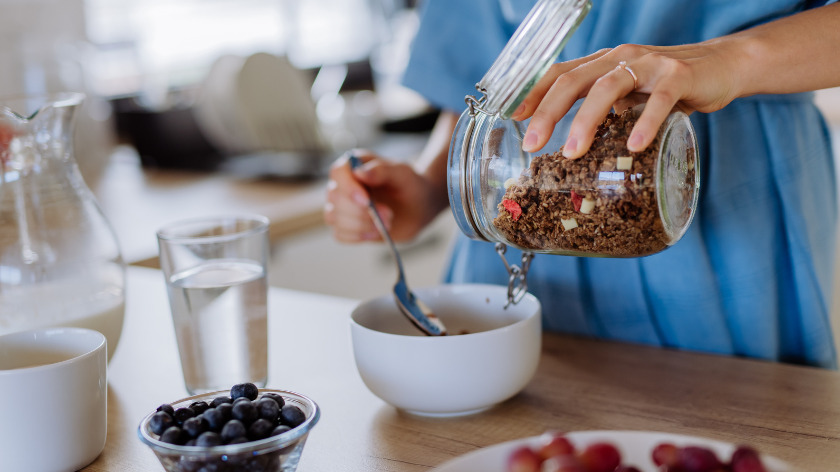While routines may sound boring and monotonous, they are actually powerful tools that can help us have more energy and time for the things that are most important to us.
A routine is just a list of actions followed in the same order on a regular basis. For example, you might have a daily routine of brushing your teeth, a weekly routine of meeting with friends, or even a monthly routine of restocking certain items in your home. All of those happen “regularly,” and they involve the same set of actions, which makes them a routine.
Most of us already do many things regularly. We might not do it consciously, but we tend to adopt routine ways of getting through each day. We wake up around the same time, prepare our breakfast or coffee before we leave the house, and travel the same route to work to arrive at roughly the same time.
When our brains do not have to spend time and energy thinking, planning, calculating, and executing tasks, we have more energy to think about other things. Making a lot of smaller decisions while trying to achieve something can really be exhausting! Routines can remove the guesswork and help our brains engage an autopilot that can complete the task with little or no thinking.
But how can routines help us be healthier? Let’s take the example of using routines to be more physically active. To be active, you need to make quite a few decisions: When? Where? How? Are there other people involved? Do I need to drive there? What gear do I need? Do I have clean workout clothes? And so many more! Adopting a routine for at least some of the days you choose to be active can simplify things and reduce the number of choices you need to make. For example, going to the gym before work every Wednesday to participate in a group exercise class means you already know where, when, how and most of the other information. If you make packing your gym bag part of your Tuesday night routine, it’ll simplify your Wednesday morning exercise routine even more by permitting you to wake up, grab your bag and go.
Just remember, however, that we are not robots. Routines can help, but not every single part of our lives can be a routine—and that is okay! To figure out where you can benefit from routines, reflect on how you go through your week. You might already have other regular commitments that can help you establish a new routine. Parents, for example, might have days where they take their kids to school or other activities before or after work. These can create opportunities to insert a new routine around the existing sequence of events. If your child has sports practice on Thursday afternoons, you can start bringing your walking or running shoes and being active in the same park while they practice.
To get even more benefits from routines, you can go further and consider how you can insert other healthy habits into your daily routine. Over time, these small changes add up and can lead to better health and a more balanced lifestyle. We make so many decisions each day – try freeing up some of your mental load by leaning into the power of routines!
With a PhD in Exercise Physiology, Jonathan Dugas spends his days thinking about how we can help more people be more active. With four Ironman finishes and 13 marathons and counting, he’ll see you out on the road.






